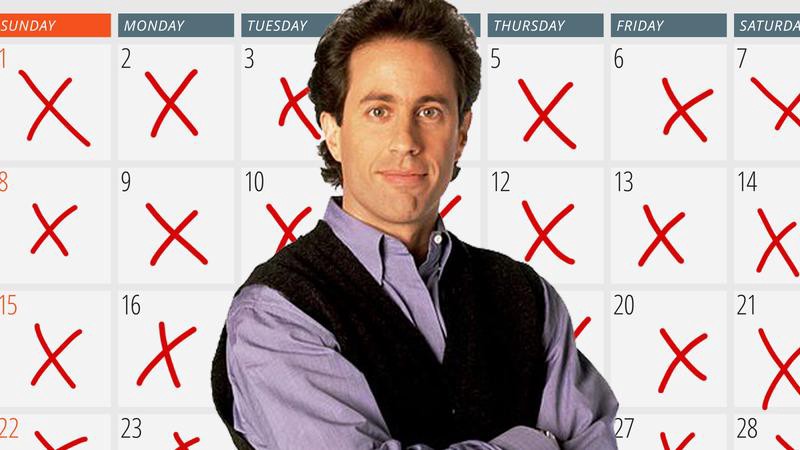A waiter in a Lithuanian restaurant was thought to be a genius as he could remember complicated food orders from a large party without writing it all down. He could remember what was ordered along with any customizations and while getting the food even remembered which plate was to go to whom. He was able to do this a hundred times every day, seven days a week (or whatever reasonable days he worked). How was he able to do this?
The secret revealed itself when it was observed that once the order was complete, he could no longer remember who had ordered what. Once to quiz him, a party covered their plates and asked him to recall what he had just delivered to them. He wasn’t able to. This innocuous behavior wasn’t a gift from God bestowed upon that person to make him some sort of super-waiter. This is the Zeigarnik effect in action. Named after Bluma Zeigarnik, a Russian psychologist, who observed this waiter and then went on to perform a series of memory-related experiments in the 1920s. She observed that tasks that are left unfinished or incomplete are easier to recall. Over 600 studies have been done on this topic and the results all conclusively tell us this simple fact. When we commit ourselves to perform a task and leave it incomplete for some reason, it remains in our attention span and we have a greater recall of any aspect related to that task.
An experiment was performed that involved showing people ads for everyday items like soap, toothpaste, etc. Some of the ads were cut off a few seconds before their natural endings. People’s recall for those ads was far greater than others which they saw to the end. Even after two weeks, the recall for those ads was far better. Lack of closure apparently has an incredible effect on memory and attention. The brain remains attached to incomplete tasks. Once completed, the attention is released so that other, more important, tasks can be performed by the brain.
There was another interesting experiment that sounds nefariously similar to the events that led to the creation of Facebook (or should I say ‘The Facebook’). Men were asked to rate some women’s Facebook profiles. Their ratings were then compiled along with their own profiles and then those same women were asked to rate the men. For some of the men, their ratings for the women were shown and for some, it was hidden. Women regularly rated those men highly, whose rating for them wasn’t made visible (even more than those men who had rated them highly). People’s attention remains attached to outcomes that are unknown. The hidden ratings by men fuelled the curiosity and made their profiles very hard to ignore. This, along, with the basic psychological concept of regular attention to something makes it worthy of attention, creates a powerful recipe for standing apart.
We have all encountered the nagging feeling when we are deep in thought and someone disturbs us. We feel this strong urge to go back to what we are doing. This is also the Zeigarnik effect. The brain has its attention fixated on the incomplete stream of thought or task as it knows it needs to bring it back to the foreground. This specific condition has been discussed in the book Pre-suassion by Robert Cialdini and can be used to develop habits. One of the examples Robert cites is of writers who often find themselves unable to write.
I do not enjoy writing but enjoy having written – Sommerset Maugham
People have tried many small habit builders like enjoying a snack after having completed a chapter or keeping a fixed schedule for writing. Jerry Seinfeld spoke about his method of crossing off the date on the calendar when he writes a joke, in order to enjoy crossing off dates and seeing the ever-increasing line of dates he has been writing. Cialdini said he tried many of these but none of these really worked well enough. He bumped into someone who talked about leveraging the Zeigarnik method to write every day. The idea is to leave a chapter or a section short of completion while calling it day or going on a break. The critical point to appreciate here is that you know what you want to write next, you just don’t do it then.

The incomplete task makes getting back to it a lot easier. I am actually following this myself. I try to write 2 blog posts every week but I always stop myself short of completing a whole blog entry. Sometimes it means finishing off one post and starting another and leaving it halfway. I have found this is definitely something that works for me. The incomplete work pulls me to write and complete it and since I know what I am writing about, it gives me a running start and gets me over the initial urge to procrastinate.
I run a startup called Harmonize. We are hiring and if you’re looking for an exciting startup journey, please write to jobs@harmonizehq.com. Apart from this blog, I tweet about startup life and practical wisdom in books.